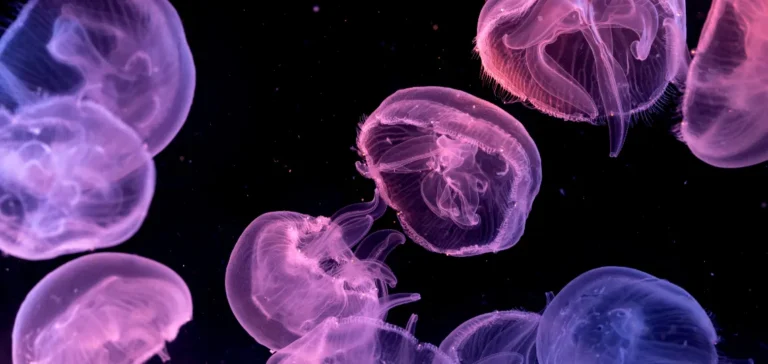The Gravelines nuclear power plant, located on the northern coast of France, shut down all six of its reactors after detecting a significant presence of jellyfish in its seawater pumping systems used to cool the facilities. EDF reported that units 2, 3 and 4 automatically shut down during Sunday night, followed by unit 6 on Monday morning, while reactors 1 and 5 were already undergoing scheduled maintenance.
Rare but previously observed incident
According to the operator, the complete shutdown had no impact on plant safety, staff security or the environment. The pumping stations in question are located in the non-nuclear part of the site. EDF noted that similar, albeit infrequent, cases have occurred at other facilities in the 1990s. Comparable incidents have also been reported in recent decades in the United States, Scotland, Sweden and Japan.
Diagnosis and gradual restart
Technical teams are currently carrying out cleaning and inspection operations to restore normal operations. EDF plans to bring the units back online one by one over the coming days. The company has stated that there is no risk of strain on national electricity supply, as other production sources remain fully operational.
A seasonal phenomenon in the region
Dominique Mallevoy, head of aquariology at the Centre national de la mer Nausicaá, explained that the summer presence of jellyfish swarms along the northern French coast is a recurring phenomenon. These species, which hatch in spring, have a short life cycle and benefit from favourable conditions when water temperatures rise quickly and their natural predators become scarce.






















